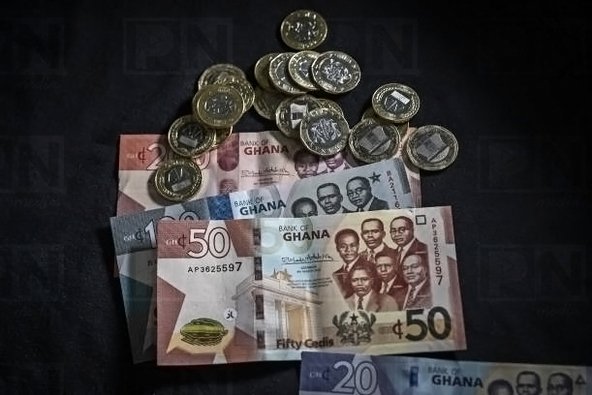Ghana’s inflation rate dropped to an eight-month low in April 2025, thanks to the strong cedi, which has been the world’s best-performing currency this year. The local currency’s gains have reduced import costs, easing price pressures across the economy.
Key data shows annual inflation fell to 21.2% in April from 22.4% in March, with monthly price increases slowing to just 0.8%. The strong cedi’s nearly 16% surge against the US dollar made imports cheaper, helping non-food inflation drop to 17.9% and food inflation decline to 25%.

Despite these improvements, economists don’t expect immediate interest rate cuts from the Bank of Ghana. The central bank had raised rates to 28% in March to control inflation risks, including rising utility prices. Analysts warn that easing policy too soon could reignite inflationary pressures, though rate cuts may come later in 2025 if the downward trend continues.
Ghana’s inflation has remained above the central bank’s 6%-10% target since 2021, when a debt crisis weakened the cedi. However, with the currency’s current strength and ongoing fiscal reforms, officials predict inflation could fall to 16% by December 2025 and return to target range by mid-2026.

The cedi’s remarkable performance stems from several factors. The Bank of Ghana injected $490 million to stabilize the currency, while a new policy requiring 20% of gold exports to be paid in cedis has reduced dollar demand. These measures, combined with IMF-backed economic reforms, have restored confidence in Ghana’s recovery.
As the strong cedi continues to ease inflation, Ghana’s economy shows promising signs of stabilization. While challenges remain, the currency’s performance offers hope for sustained economic improvement in the coming months.
Follow for Updates!
Facebook: Newton Meshak
TikTok: @Mrrpoat